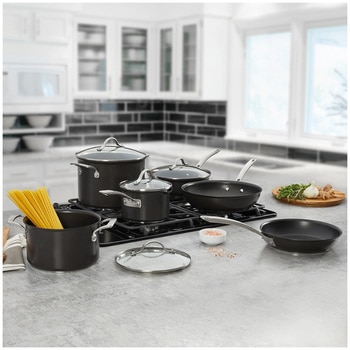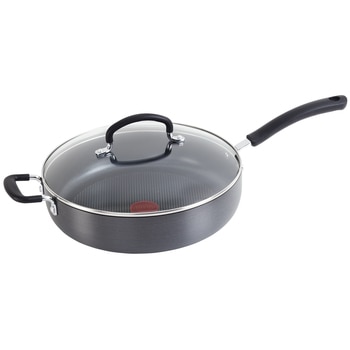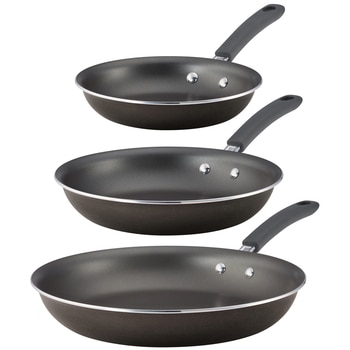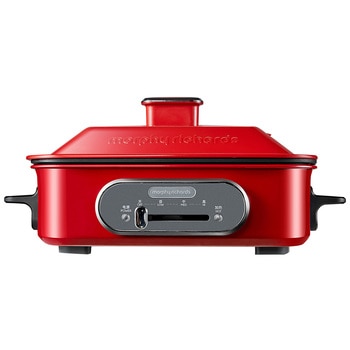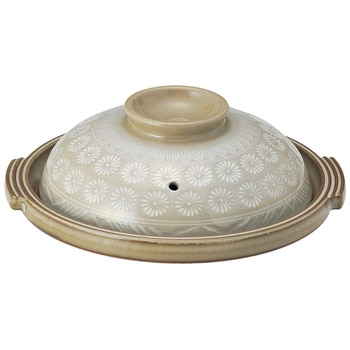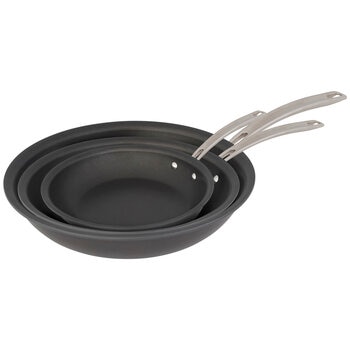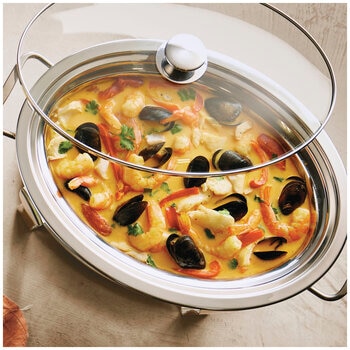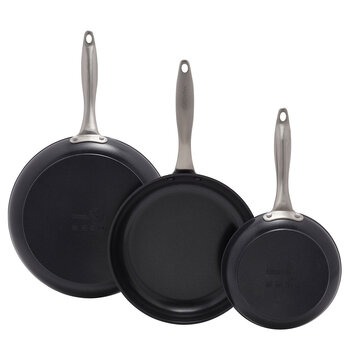When it comes to sustainable health, nothing beats a balanced, nutrition-rich diet.
Over the past two years, there’s a good chance your eating habits have changed in some way, with lockdown impacting every aspect of our lives, including our diets. A recent CSIRO study found that weight and emotional wellbeing suffered throughout the pandemic, as well as diet and exercise. With so much information available at our fingertips on how to look and feel our best, there are a few foundational elements to good health that can help us navigate staying healthy now and in the long term.
Eat small
Your stomach is not that big – the size of a clenched fist – and it can be stretched by overeating, so don’t overfill it. A great rule to live by is to stop eating when you feel 80 per cent full, a concept that comes from an old Japanese saying, hara hachi bu. This means you can stop eating when you feel just satisfied. Not still hungry, but not completely full. It’s about having a little room left over and reducing weight gain or digestive problems that are linked to overeating.
Aim for a healthy weight
Nutrition is not about losing weight; it’s about eating well to nourish your body. Fad diets such as keto and Paleo don’t help you in the long run. Studies of intermittent fasting show it is no better or worse than a traditional diet where you cut down on all foods and drinks. Instead, opt for a nutrient-dense diet, including as many fresh and unprocessed foods as possible. Don’t forget that it’s easier to maintain your weight than to lose weight in the long term. And, of course, move your body more. A nutritious diet combined with regular exercise makes for a sustainable way to stay healthy.
The value of vitamin D
In a country where there’s plenty of sunshine, you’d think we’d be getting lots of vitamin D. But there’s increasing recognition that significant numbers of the population do not get enough, especially in winter.
Formed by the action of sunlight on the skin, vitamin D has been called the‘bone vitamin’ as it enables calcium and phosphorus to be absorbed to make strong bones. It’s a cross between a vitamin and a hormone and may do a lot more for our immune system and keeping us healthy than we ever realised.
Only a few foods (such as oily fish, liver, egg yolk, milk and butter) naturally contain vitamin D, so it’s often difficult to get enough from diet alone. Vitamin D deficiency is being increasingly recognised by doctors. They suggest a supplement of at least 10 micrograms (400 IU) per day; however, always consult a healthcare or medical professional before integrating supplements of any kind into your diet.
Enjoy a drink in moderation
You can still enjoy your favourite tipple come cocktail hour. However, as research continues to say, moderation is key to maintaining good health. The Australian Alcohol Guidelines advise adults drink no more than 10 standard drinks per week, and no more than four standard drinks per day. There are some delicious non-alcoholic and low-alcoholic beers now available, as well as dealcoholised wines. These are both lower in kilojoules (calories) and alcohol. While enjoying wine or spirits of the alcoholic variety, you can also dilute them with soda water or ice cubes, and alternate with a glass of water between drinks.
Increase your intake of healthy fats
Omega-3 fats work at a cellular level to assist with reducing inflammation. There is a wide range of other health-boosting benefits, including improving brain function and cognition, reducing stiffness of joints in arthritis and treating skin disorders such as eczema and psoriasis, to name just a few.
It’s a key component to a healthy diet, so don’t miss out on the valuable omega-3 fats from oily fish, such as salmon, sardines and tuna as well as larger types like ocean tuna, Atlantic salmon, mackerel, eel, trout, mullet, trevally, sand whiting and snapper. Aim to eat these twice a week. If you are concerned about your intake of omega-3 fats, you can take a good quality fish oil supplement.
How to plate up
Use this handy rule of thumb to get the proportions right on your dinner plate.
Veg & salad
Fill half your plate with vegetables or salad. Try making these the hero of the meal – think baked eggplant or stuffed capsicum.
Protein
Fill a quarter of your plate with protein such as meat, fish or legumes.
Wholegrains & starch
Fill a quarter of your plate with wholegrains such as brown rice or starchy vegetables, including gold sweet potato.

